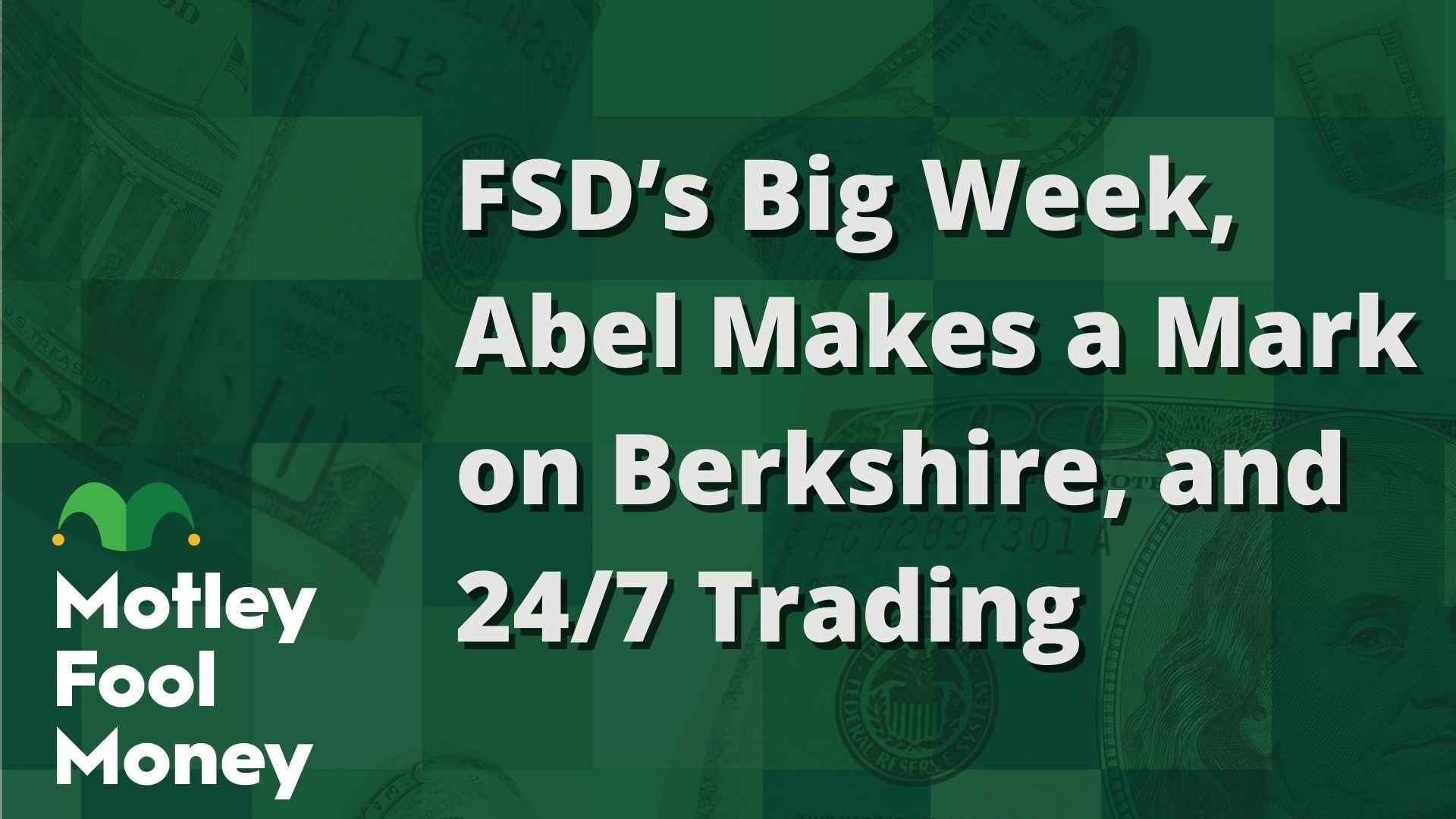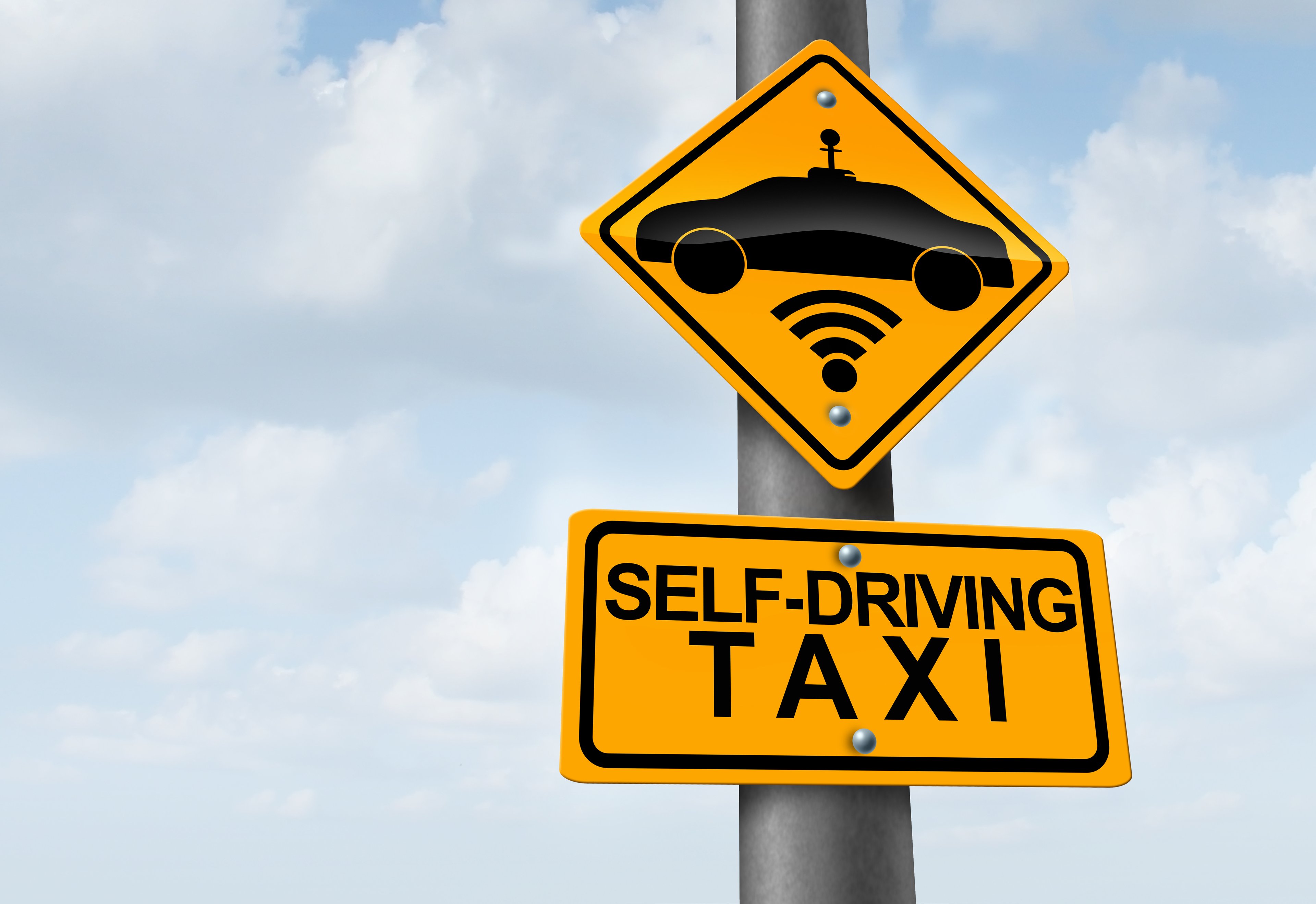I'm a big fan of Tesla Motors (TSLA +3.45%). While massive global automakers like General Motors (GM 3.18%) and Nissan have been forced to cut prices on their electric vehicles to move them off dealer lots, Tesla can't produce enough of its Model S luxury sedan to meet demand. Back in February, I wrote that Tesla was "primed for profit" in 2013, and I recommended the stock as an attractive growth investment.

The Tesla Model S (courtesy of Tesla)
However, when I wrote that article, you could buy Tesla stock for less than $40. As of Wednesday's close, Tesla's stock price had soared to nearly $140, after peaking at $158.88 last week.
Tesla Six-Month Price Chart, data by YCharts
With Tesla stock having nearly quadrupled in the last four months, there's no margin of safety left for potential investors. As a result, I cannot recommend buying the stock at this point. In fact, if the stock goes any higher, I will seriously consider shorting Tesla. The company's valuation has started to move beyond a level consistent with its likely prospects.
A strong growth company
While I'm pessimistic about Tesla stock's prospects, the company itself is performing very well. Last quarter, Tesla produced a surprise non-GAAP profit of $26 million and sold a record 5,150 Model S sedans in North America. Automotive gross margin (excluding ZEV regulatory credits) has improved by 17 percentage points over the last two quarters. Tesla is well on the way to its goal of achieving a 25% automotive gross margin by year's end. Increases in volume, logistics improvements, and part redesigns all contributed to the improvement.
Sales are expected to continue growing rapidly. Tesla is just starting to deliver cars in Europe, and it will make a big push into Asia later this year and in 2014. Management believes that this will allow Tesla to ramp up Model S production to an annualized rate of at least 40,000 by the end of 2014. At that point, Tesla is expected to begin building its second mass-production vehicle, the Model X crossover, leading to further sales growth.
What's Tesla really worth?
As impressive as this sales growth is, analysts expect Tesla to earn revenue of just under $3 billion next year, whereas its market cap is more than $16 billion and peaked around $19 billion last week. At those prices, investors should be asking how much Tesla can realistically be expected to earn in the future.
Model S revenue per vehicle has been a little over $100,000 so far, primarily due to the popularity of higher-end packages, even though the starting price is less than $70,000. However, Tesla's average selling price is likely to decline significantly over time.
First, as component costs decline, Tesla will probably have to pass some of the savings along to customers. These price cuts would offset the expiration of regulatory credits such as the $7,500 federal tax credit for Model S buyers. (This credit will phase out later this decade when Tesla hits 200,000 cumulative vehicles sold in the U.S.)
Second, as Tesla saturates the market of wealthy enthusiasts, the mix of Model S (and Model X) sedans will shift toward the lower-priced variants. Third, Tesla plans to introduce a $35,000 vehicle for the mass market later this decade. Due to the lower price point, this model would almost certainly be Tesla's top seller by a wide margin. Combined, these factors could push Tesla's average selling price from over $100,000 today to $50,000 or less by the end of the decade.
There are two key questions for Tesla investors. First, how large is the addressable market for electric vehicles at a $35,000 price point? Second, what level of gross margin could Tesla achieve for a car at this price? Both answers could be somewhat unsettling for Tesla investors.
Tesla expects its $35,000 affordable car to have a 200-mile range. However, earlier this year, the company killed off the 40 kWh version of its Model S sedan -- which offered a 160-mile range -- due to poor demand. The utility of a fully electric car decreases dramatically as the range gets lower. So even with a $35,000 price point, Tesla might be able to sell only 100,000-200,000 units of the next-generation car annually.
Furthermore, while I believe that Tesla can meet or exceed its gross margin goal of 25% when it is just selling the luxury Model S sedan, I do not think it will be able to earn such generous margins on a $35,000 car. GM's Chevy Volt now starts at $35,000, and GM was apparently losing money on every Volt it sold even at a higher ($39,000) price point.

The Chevy Volt (courtesy of General Motors)
While electric vehicle production costs are coming down, Tesla would dilute its brand severely by making a car as spartan as the Volt. As a result, I suspect that Tesla's hypothetical $35,000 car would have a gross margin of just 10%-15%.
Foolish bottom line
If Tesla managed to sell 100,000 luxury cars (Model S and Model X combined) and 150,000 affordable cars in 2018, that would be a great win for the company. Production would have grown 12-fold in just five years. At an ASP of $50,000, revenue would be over $12 billion; up sixfold from expected 2013 revenue of just over $2 billion.
Assuming that overall company gross margin declined to 20%, but operating expenses fell to 10% of revenue (down from around 20% today), Tesla would post a 10% operating margin. After accounting for interest and taxes, this would imply EPS of $5-$6, depending on the extent of shareholder dilution between now and then.
Is Tesla really worth 25-30 times 2018 earnings? I doubt it. By that time, there are likely to be viable competitors in the EV market, and the green car enthusiast market will be more or less saturated. In other words, Tesla's growth rate is likely to be much lower at that point. Of course, it is possible that Tesla will manage to produce more than 250,000 vehicles in 2018, but that also seems fairly unlikely; I am already projecting a lofty 65% compound annual growth rate for vehicle production.
In other words, if Tesla is not quite priced for perfection today, it is fairly close. If the company falls short of investors' expectations in any way -- i.e. lower than expected profit margins, more production bottlenecks, additional vehicle development delays -- the stock could fall very far. So what do you think? Should I short Tesla? Let me know in the comment box below.








